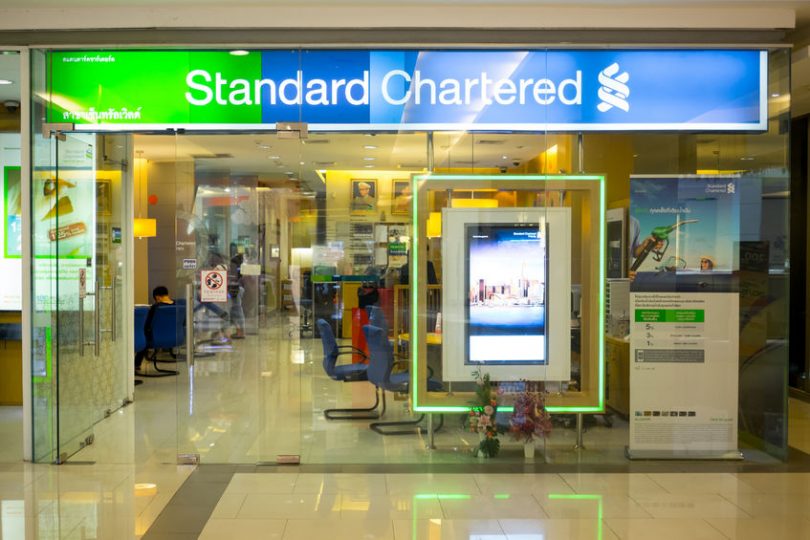Today Cobalt announced that Standard Chartered plans to join its foreign exchange (FX) post-trade platform based on distributed ledger technology (DLT). Earlier this month, the firm announced that one of its investors, Citi, plans to go live.
The solution went into production last September with major users Deutsche Bank, XTX and Saxo Bank.
Cobalt enables a reduction of reconciliation by providing a single shared ledger for transactions and supports netting.
“As a global FX participant we realise the need for market standardisation,” Gareth James, Macro Trading COO at Standard Chartered.
He continued: “Within emerging markets, harmonising and centralising post-trade will mean greater efficiency. Cobalt’s technology solution delivers increased automation, which will allow us to not only realise cost savings but gain crucial credit management efficiencies with our counterparties, which is key for our emerging markets.”
The solution is also integrated with the MarkitSERV platform from Cobalt’s biggest outside shareholder, IHS Markit.
“This latest addition to Cobalt’s network being one of the world’s major emerging market banks, with Standard Chartered, the network is continuing to diversify with the full scope of FX market participants,” said Darren Coote, CEO of Cobalt.
“As the network grows, real-time cost savings will be realised by all our clients, and due to the central management of post-trade our clients can start to layer additional optimisation solutions that will have a positive impact on balance sheet usage.”
Standard Chartered is very active in the blockchain sector, particularly in trade and supply chain finance. It is a member of at least three trade finance consortia, eTradeConnect in Hong Kong, the letter of credit solution Contour, and Marco Polo. Plus, it uses the Singapore-based dltledgers trade finance platform.
The bank also invested in Chinese supply chain finance startup Linklogis.






